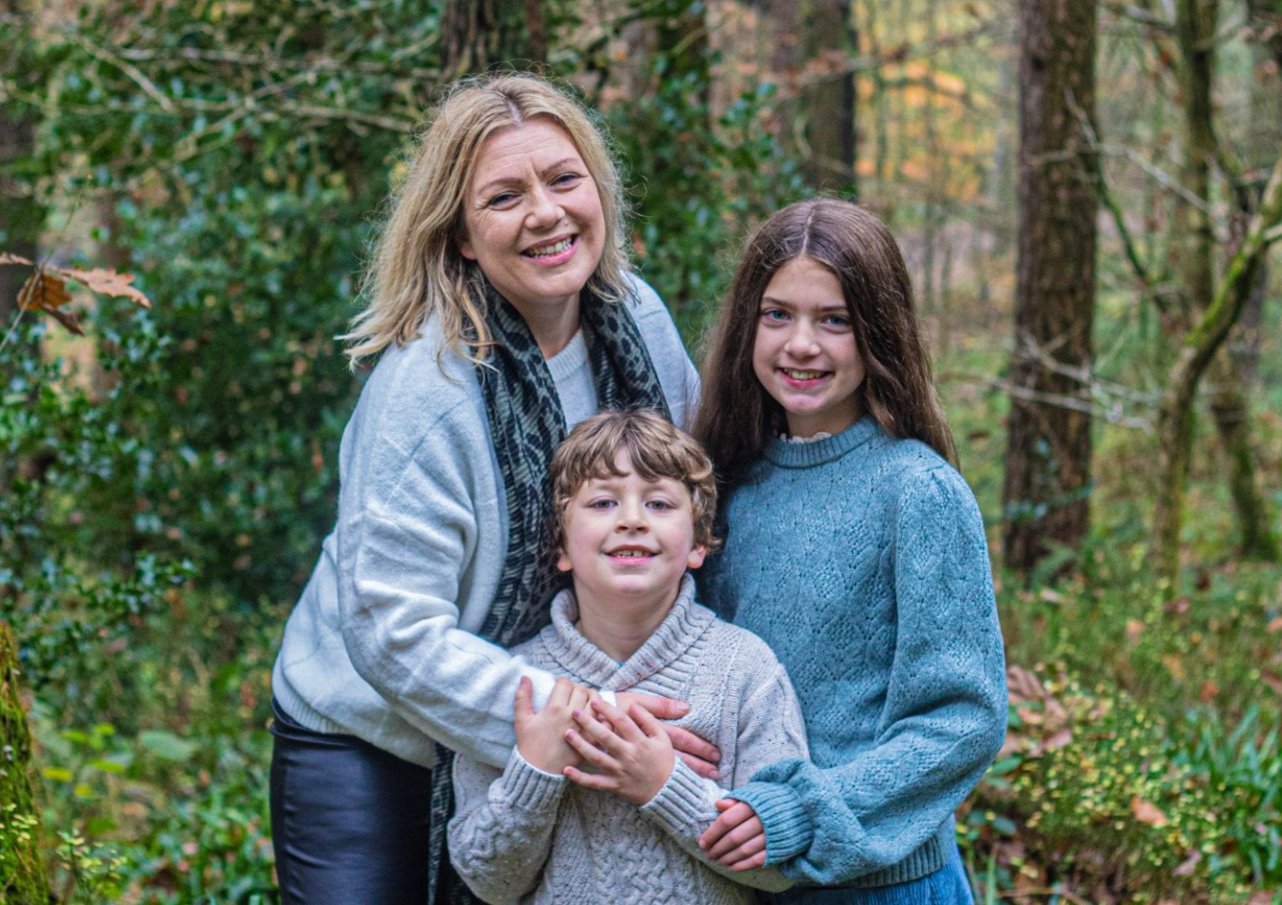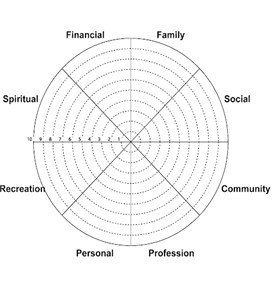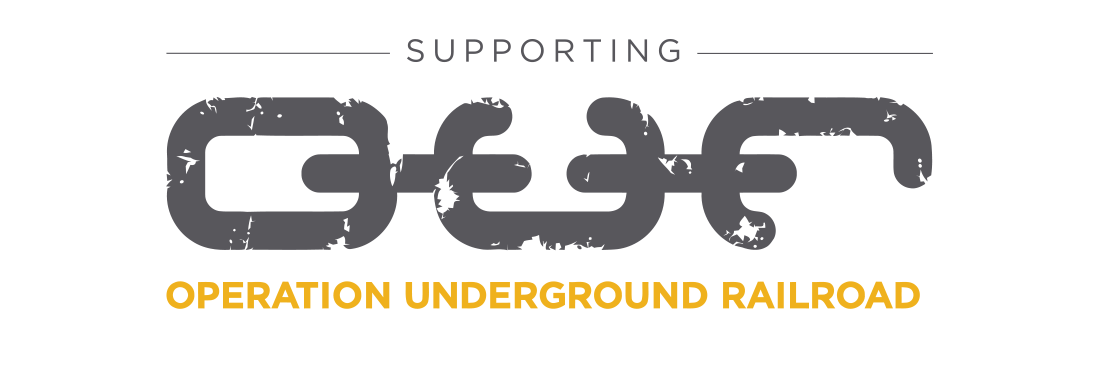07717737874
enquires@sarahjchapman.com
Warning - Changing your Language will Change your Health
Sarah Chapman • March 12, 2021
Change your language Change your Health
How would you describe your life? Good, amazing, outstanding even? Or would you describe it as below average, terrible or even unbearable? Give your whole life one word to describe it. Well in reality the response should probably be, I can’t possibly describe my whole life with one word. Some areas work, others don’t work so well, and some don’t work at all. Okay, see that – that’s a step closer to clarity.
That is progress. You cannot see the wood for the trees if you are trying to describe one branch by describing the whole wood. You cannot do it! So, breaking it down into areas and then asking the question again for each area will move you closer to understanding the gaps. Use the wheel below as a guide to decide where you are with each area. Give yourself a number from 0 to 10 in each area and then consider which area is it a must for you that if you felt better about that particular area you could start to consider the other areas next. When you identify that, then you need to write down three things you could do today that would equal progress in that specified area. After that take action, even if tiny, take some action on one of the three things. Then notice how you feel when you take the action.
So how does language have anything to do with health? Let’s take a brief look at one way that health is connected to language.
Firstly, consider how you use language to talk about your life. If life is a Journey, then perhaps there are multiple lanes we are running in at the same time. How do you express your progress? Have a look at the following examples and write a list of your most frequent expressions. Are you: moving forwards, getting somewhere or smashing it? Maybe you are ‘stuck’ and can’t get where you want to be with your health, finances, relationships? You can’t move forwards, and something is holding you back. Perhaps you’ve had times when it was flowing or coming together perfectly and other times when you are swimming upstream and everything is falling apart. Maybe you are exactly where you are supposed to be and life is happening for you. You are aligned and centred, balanced. Are you swayed by the circumstances of life? Do you get off track? Do you see yourself rising up like the phoenix? Or crushed by the weight of disappointment?
Reading through the various ways people describe their experience of life and particularly progressing through it, you can probably feel the variance in the way you feel as you read those expressions. Some make you feel empowered, and others disempowered and burdened. Before I give you any more on why it matters how you describe your life, here is some fascinating science research to give you a framework…
Matthias R Mehl et al (Mehl and other scientists/psychologists) published research in 2017 which demonstrated that there was a systematic relationship between the way that people expressed themselves and their gene expression. The study showed stress expressed at gene level was better predicted by language patterns than any other factor, including smoking, age and how stressed they thought they were! Here’s a snippet from their in depth study:
The present data indicate a systematic relationship between personal expression and gene expression.
Below is a diagram which shows their findings.
Why am I telling you about this? Because I am convinced, and the science backs me up, that how you speak is in direct relation to how you feel and how you feel is in direct relation to how you speak. If you want to break the cycle you can therefore be the thinker of the thought, become aware of your language choices and start to choose selectively and consciously how you describe your experience of life. Now we are clear on the fact that this is not just a Sarah theory, this is something that is discussed in many of the sciences and not just linguistics, the next blog will look again at everyday metaphors that we use that have become culturally embedded. We will become aware of how they can contribute to feelings and why at some points it might be best to choose literal language rather than figurative.
Top Tip – did you know that standing in a power pose (superwoman/ superman style) is proven to increase your confidence hormones! Try it. Feel certainty in your body and think of all the times you were successful. Doing this will help you feel confident you can take on whatever challenges you need to. Try discussing the challenge with literal/factual language and without the emotion/metaphors in order to shift the perspective, giving you more clarity.

The reason I talk about language 'so much' is because it is key to every relationship (including the one you have with your self). How you talk, choices you make with your language, structural choices - even the intonation and speed you use reveals your thought patterns (internal dialogue) and further compounds your experience of the world around you. So here's the thing... I think right now we would all agree that we want a world with more peace, more unity and more love. How does my use of language have anything to do with that? Read the whole blog to find out. In brief, I believe that more peace is the same as less conflict and that starts with each of us individually. It is about how we interact with the people around us, it's the butterfly effect. My interactions in my daily life affect every human being I come into contact with which in turns affects (or has the potential to) every person they come into contact with and so on. Discovering the secrets in everyday interaction and understanding self-talk will one hundred percent help you understand yourself and others better. It is one of the keys to unlocking a way to greater peace in your life, greater possibility for unity rather than division and conflict and the ability to love yourself and others more. And, yes it is all possible through a greater understanding of the way we use language.










